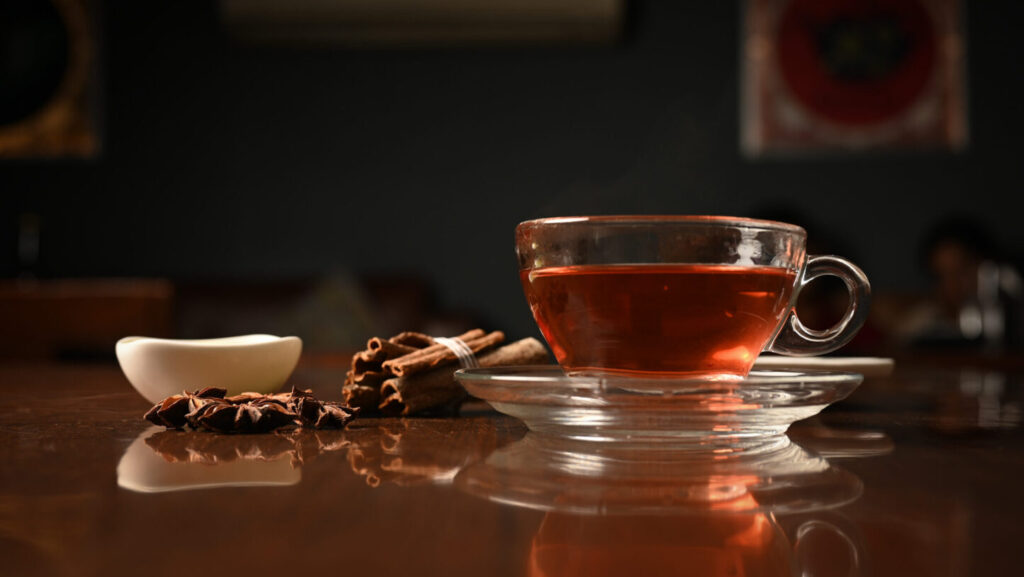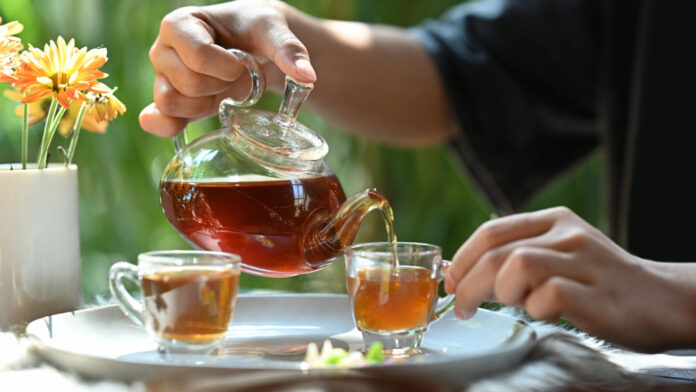By The Frontpage Journal
Sri Lanka’s identity is inextricably linked to tea. Known globally as Ceylon tea, this beverage has shaped the island’s economy, landscape, and culture for over 150 years. Yet, tea in Sri Lanka is much more than a commercial product; it is a vital part of daily life and social interaction, with rituals and customs that extend beyond the simple act of drinking. From bustling cafés to sacred ceremonies, Sri Lankan tea culture offers a rich and varied experience that reflects the island’s history and hospitality.
Tea plantations sprawling across the central highlands create a scenic backdrop to this culture, but the true heart of Sri Lankan tea lies in how people engage with it at home, in workplaces, and social gatherings. The preparation and serving of tea are infused with care and tradition, often regarded as a moment to pause and connect. For many Sri Lankans, offering a cup of tea to guests is a gesture of welcome and respect—a social glue that fosters warmth and hospitality.
In homes, the ritual of tea-making is carefully observed. Freshly boiled water, fragrant Ceylon tea leaves, and sweetened condensed milk or sugar come together to create the beloved “milk tea” or “kiri tea.” The pouring technique, which involves mixing the tea with precision to achieve the right strength and froth, is almost an art form. Tea breaks punctuate the day, offering respite from work or an opportunity for conversation.
Urban cafés have taken Sri Lankan tea culture to new levels, blending traditional flavors with contemporary settings. Modern tea houses in Colombo and other cities serve specialty blends, iced teas, and tea-infused desserts, attracting younger generations and tourists alike. These cafés often showcase local teas from various regions, educating customers about flavor profiles and production methods. The café culture has become a vibrant social scene where tradition meets innovation.

Beyond everyday consumption, tea plays a significant role in ceremonial and religious contexts. At Buddhist temples, tea is often offered to monks as part of almsgiving rituals, symbolizing generosity and merit-making. Weddings and festivals also feature tea as a key hospitality element, reinforcing bonds among family and community members.
Sri Lanka also celebrates tea culture through festivals and exhibitions. Events like the annual Colombo Tea Convention bring together growers, exporters, and tea enthusiasts to explore trends, innovations, and heritage. These gatherings emphasize not only tea’s economic importance but also its cultural resonance.
Tea tourism is an emerging sector that invites visitors to experience plantations, processing factories, and traditional tea-making demonstrations. Tourists can learn about plucking techniques, witness factory operations, and savor freshly brewed teas overlooking misty hillsides. This immersive experience deepens appreciation for the labor and legacy behind every cup.
For foreign readers, Sri Lankan tea culture offers a unique blend of history, hospitality, and sensory delight. It reveals how a simple beverage can embody identity, tradition, and community values. For locals, tea is more than a drink—it is a daily ritual, a symbol of home, and a shared language of kindness.
In Sri Lanka, tea is truly woven into the fabric of life, connecting past and present through warmth, flavor, and fellowship beyond the cup.




